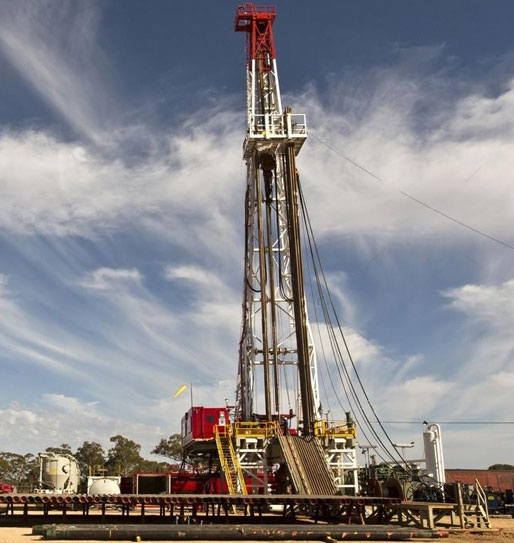
The importance of rig auditing in the oil and gas industry cannot be overstated. Rig auditing plays a crucial role in ensuring safety, regulatory compliance, operational efficiency, and environmental protection.
1. Safety Enhancement:
Rig operations involve high-risk activities, and safety is paramount. Rig audits identify potential hazards, assess safety protocols, and ensure that equipment is properly maintained. By addressing safety gaps and implementing corrective actions, rig auditing helps prevent accidents, injuries, and loss of life.
2. Regulatory Compliance:
The oil and gas industry is subject to a complex web of regulations and standards. Rig audits verify that operations align with local, national, and international regulations, industry standards, and best practices. Compliance helps prevent legal and financial liabilities while maintaining the industry's social license to operate.
3. Risk Identification and Mitigation:
Rig audits proactively identify operational risks and vulnerabilities. By assessing risk factors and evaluating control measures, audits enable companies to implement preventive measures and contingency plans, minimizing the likelihood of incidents that could disrupt operations.
4. Operational Efficiency:
Rig audits assess operational processes, equipment performance, and maintenance practices. Identifying inefficiencies and areas for improvement allows companies to optimize workflows, reduce downtime, and enhance overall operational efficiency.
5. Environmental Protection:
Oil and gas operations have the potential to impact the environment. Rig audits evaluate environmental management systems, waste disposal practices, and spill response procedures. This ensures that companies adhere to environmental regulations and minimize their ecological footprint.
6. Resource Optimization:
Rig audits help companies manage their resources effectively. By examining resource allocation, equipment utilization, and maintenance strategies, audits can lead to cost savings and improved resource management.
7. Stakeholder Confidence:
Rig audits enhance transparency and accountability. Demonstrating a commitment to rigorous auditing reassures stakeholders, including investors, regulatory agencies, local communities, and the general public, that the company is operating responsibly and ethically.
8. Continuous Improvement:
Rig auditing is a proactive approach to continuous improvement. Regular audits facilitate the identification of trends, emerging risks, and areas for innovation. This enables companies to adapt to changing circumstances and stay ahead of industry developments.
9. Emergency Preparedness:
Rig audits evaluate emergency response plans and procedures. By ensuring that personnel are trained and equipped to handle emergencies effectively, audits contribute to minimizing the impact of unexpected incidents.
10. Quality Assurance:
Rig audits assess the quality of equipment, processes, and services. By maintaining high standards of quality, companies can deliver reliable products, prevent operational disruptions, and build a strong reputation in the industry.

